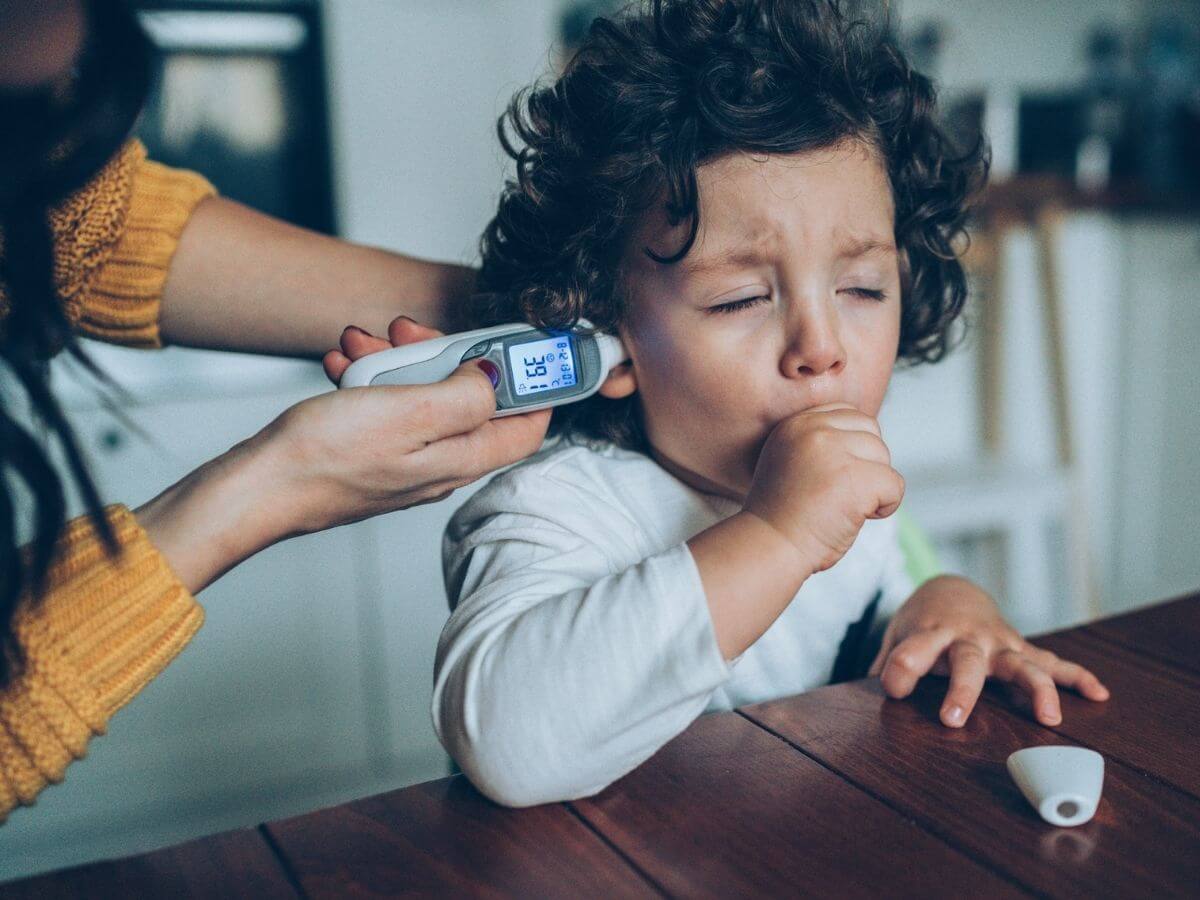RSV Cases Unseasonably High: What Parents Need to Know

Cases of respiratory syncytial virus (RSV) are spreading across the South, causing an unusually high summertime spike.
The CDC issued an Official Health Advisory to healthcare providers to be on alert for the virus, which is known to cause bronchiolitis and pneumonia, especially in very young children, babies, and the elderly.
“RSV is the most common cause of bronchiolitis and pneumonia in children under one year of age in the United States. Infants, young children, and older adults with chronic medical conditions are at risk of severe disease from RSV infection,” the CDC said in the alert.
For most people, RSV causes a common cold that can be treated at home.
“In infants younger than six months, RSV infection may result in symptoms of irritability, poor feeding, lethargy, and/or apnea with or without fever. In older infants and young children, rhinorrhea (runny nose) and decreased appetite may appear one to three days before cough, often followed by sneezing, fever, and sometimes wheezing.”
Symptoms in adults are generally consistent with upper respiratory tract infections, including runny nose, sore throat, cough, headache, fatigue, and fever.
While typically mild, RSV can cause complications leading to hospitalization and death.
“Each year in the United States, RSV leads to on average approximately 58,000 hospitalizations with 100-500 deaths among children younger than 5 years old and 177,000 hospitalizations with 14,000 deaths among adults aged 65 years or older.”
See a Provider Anytime, Anywhere with Baptist Health Virtual Care
Connect with one of over 700 Baptist Health providers from anywhere within minutes with Baptist Health Virtual Care. A Baptist Health Virtual Care video or eVisit can treat many of the same conditions that are treated at Urgent Care clinics. Some of the conditions treated through Virtual Care video visits and eVisits include: Coronavirus/flu screening, sinus congestion, allergies, cold or cough, headaches, urinary tract infections, skin conditions, pink eye, and more.
RSV is generally considered a fall/winter virus, which makes a spike at this time of year highly unusual. Last week, the CDC reported over 1,600 cases nationwide. During this time last year, they had reported just 11.
Because of the pandemic precautions — masking, social distancing, and closed schools — we did not see the usual spike in cases last winter. Relaxing COVID-19 measures in recent months may be the reason for such an unseasonable spike this summer.
“Due to reduced circulation of RSV during the winter months of 2020–2021, older infants and toddlers might now be at increased risk of severe RSV-associated illness since they have likely not had typical levels of exposure to RSV during the past 15 months,” the CDC said.
Increased spread has been detected in Alabama, Florida, Georgia, Kentucky, Mississippi, North Carolina, South Carolina, Tennessee, Arkansas, Louisiana, New Mexico, Oklahoma, and Texas.
“Due to this increased activity, CDC encourages broader testing for RSV among patients presenting with acute respiratory illness who test negative for SARS-CoV-2, the virus that causes COVID-19,” the CDC said in the alert.
There is no specific treatment for RSV infection other than symptom management. Because symptoms can mimic COVID-19 and other respiratory illnesses, it’s essential to get tested in order to make a proper diagnosis. Find a Baptist Health provider near you, or get care 24/7 with Baptist Health Virtual Care.
Next Steps and Useful Resources:
Find a Provider Near You
Join the Free Email Newsletter
What is a Summer Cold?
COVID-19: Hot Spots for Germs When You Have Kids



.jpg?rev=9ddf6790805749b994e44780efdfb13c)